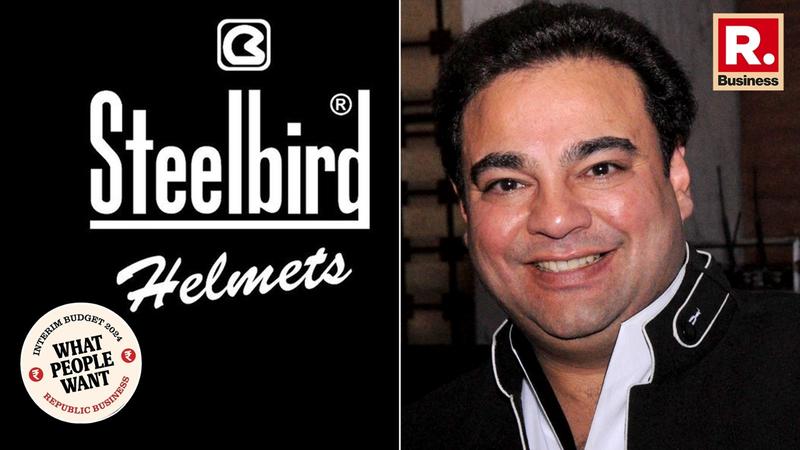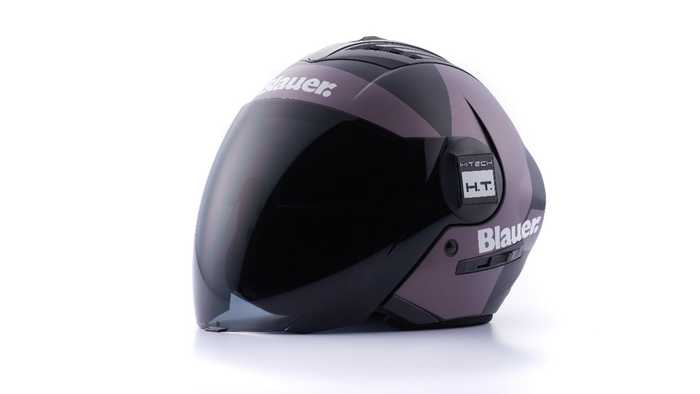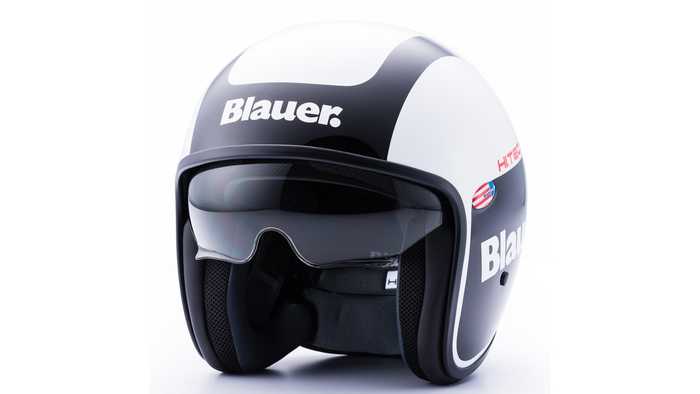Published 08:41 IST, February 1st 2024
Interim budget 2024: Steelbird expects FM to reduce GST on helmets
Rajeev Kapur, MD, Steelbird said he expects a deduction in the Goods and Service Tax (GST) on helmets ahead of the Finance Minister's Budget speech today.

Budget 2024 expectations: India is facing a notable GDP loss of 3.14 per cent due to road accidents, prompting urgent calls for comprehensive measures to address this alarming situation, as per report “Socio-Economic cost of Road Accidents in India” by DIMTS in association with TRIPP-IIT Delhi.
In an exclusive interview with Republic Business, Rajeev Kapur, MD, Steelbird said he expects a deduction in the Goods and Service Tax (GST) on helmets ahead of the Finance Minister's Budget speech today.
"As a primary recommendation, I propose a reduction in GST on helmets from the current 18 per cent to 5 per cent. This adjustment is crucial, given that helmets are recognised as life-saving devices,” said Rajeev Kapur, MD Steelbird.
"Additionally, I suggest allocating 1 per cent of Corporate Social Responsibility (CSR) funds for road safety initiatives," Kapur added.
Since the helmet usage rules are currently mandatory in only 8 states, there is a pressing need to extend this regulation nationwide to ensure consistent road safety practices across the country, Kapur told Republic Business.

Steelbird helmet | Image Credit: Steelbird helmet's website
Steelbird's expansion plans
Steelbird's daily helmet production, which was 6,000 units in 2012, has now grown to an impressive 30,000 helmets a day over the last decade, making the company one of the three largest helmet producers in the country.
To meet the increasing demand, the company also plans to invest Rs 105 crore to enhance its daily production to 50,000 units.
Steelbird is an Original Equipment Manufacturer (OEM) for top-notch two-wheeler manufacturers such as Yamaha, Suzuki, Honda, Royal Enfield, TVS Motors, and Vespa.
"The OEM segment contributes 45 per cent of our revenue, reflecting the trust and standards upheld by our manufacturing processes," added Kapur.
The company also plans to expand its pan-India distribution network. It currently has about 200 outlets and hopes to open 1,000 by 2025.

Moreover, the company plans to invest over Rs 250 crore in a new manufacturing facility in Tamil Nadu's Hosur city, representing a strategic move towards further expansion.
Besides this, the company believes in the process of continuous innovation, with recent launches and models offering unique features to stand out in the market. "This year, we are set to introduce ten new helmet models, showcasing cutting-edge features such as carbon fibre construction, built-in Bluetooth technology, and high-end variants priced between Rs 15,000 and Rs 20,000," Kapur noted.
The Steelbird MD also talked about the company's contribution to R&D. "Stressing upon the importance of technology and innovation, we invest Rs 25 crore annually in research and development (R&D), introducing 6-8 new products each year," Kapur highlighted.

Steelbird helmet | Image Credit: Steelbird helmet's website
Helmet sales profile: Rural vs Urban
Certainly, Steelbird has strategically positioned itself to cater to both rural and urban markets with a robust sales profile. The company has cultivated a vast network comprising over 2200 distributors across India, encompassing not only urban areas but also 2 and 3-tier cities.
In addition to this extensive distribution network, Steelbird has taken steps to directly engage with consumers through 158 exclusive stores named Steelbird Rider Shops. This offline retail presence allows the brand to establish a direct connection with customers, providing a tangible and personalised shopping experience. The geographical distribution of these stores suggests a deliberate effort to reach consumers in both urban and semi-urban locations.
Moreover, recognising the evolving landscape of consumer preferences and shopping habits, Steelbird has embraced online sales channels. This digital approach further enhances the brand's ability to capture a diverse market, including both urban and rural consumers who may prefer the convenience of online shopping.
The company's primary focus is on the domestic market. Moreover, it generates 5 per cent of revenue through exports to over 50 countries, including Europe.

Steelbird helmet | Image Credit: Steelbird helmet's website
Business position pre/during/post-pandemic
Talking of Steelbird's business position, particularly in terms of revenue from operations and net profit, FY19 marked a revenue of Rs 281.6 crore, accompanied by a net profit of Rs 27.44 crore. Subsequently, in FY20, the company experienced a substantial uptick, witnessing revenue surge to Rs 415.6 crore and a net profit of Rs 50.8 crore.
The financial year 2021 (FY21) financials saw a slight dip in revenue, totalling Rs 359.8 crore, while the net profit was Rs 28.55 crore. The following fiscal year, FY22, recorded revenue from operations at Rs 418.5 crore and a net profit of Rs 17.1 crore.
Despite the challenges posed by the pandemic, FY23 showcased a remarkable turnaround for the helmet manufacturer. The company achieved an impressive turnover of Rs 554 crore, with helmets contributing to over 80 per cent of its business.
Furthermore, Kapur also shared the company's goal by 2030. "Anticipating an increase in helmet usage across the country, we have set an ambitious goal of achieving a top-line growth of Rs 1,200 crore over the next 4–5 years," Kapur added.
Updated 10:35 IST, February 1st 2024




